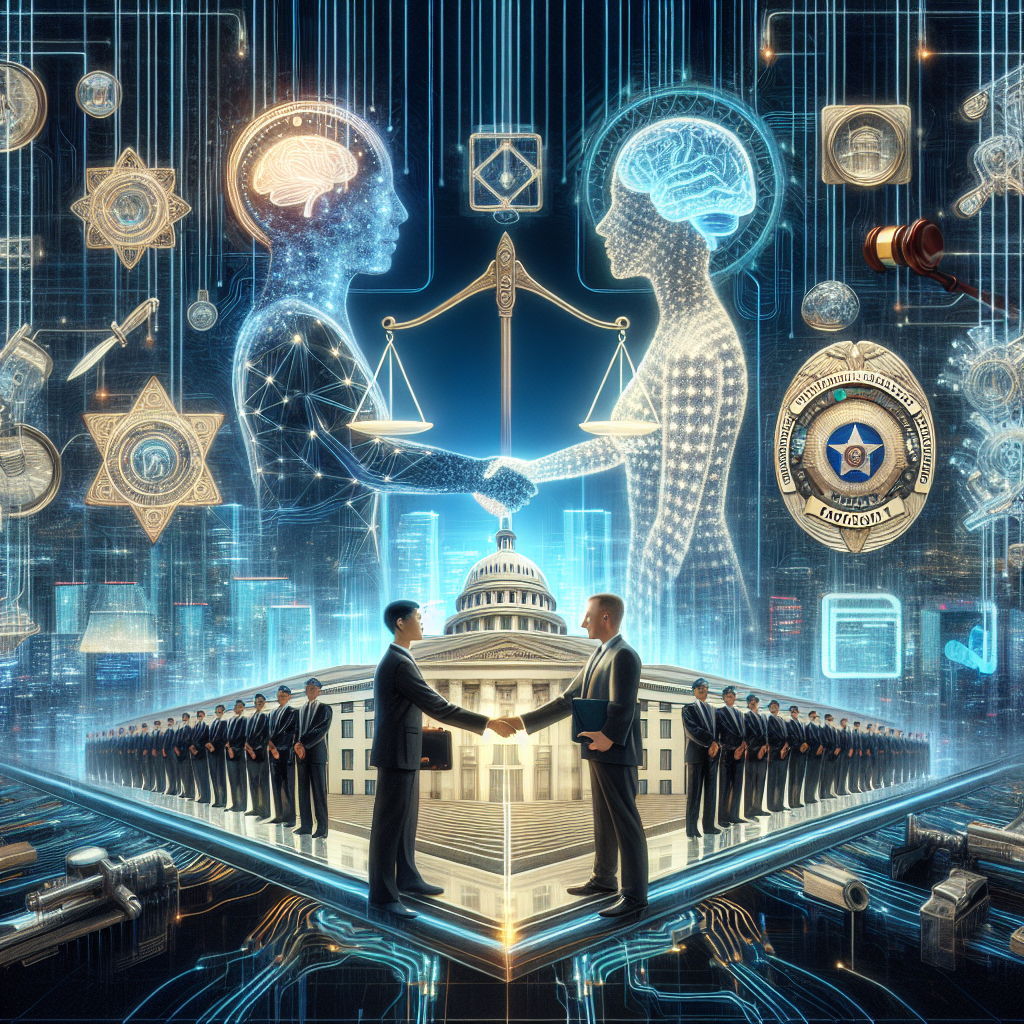Understanding OpenAI’s $1 Government Deal: Implications for Federal Contracting and AI Policy
OpenAI’s recent $1 agreement with the U.S. Government has sparked significant interest across the contracting world, raising questions about AI accessibility, federal technology strategy, and competitive fairness. With government agencies increasingly seeking cutting-edge AI capabilities, this offer—though symbolic in price—has wide-reaching implications for procurement strategies, vendor competition, ethics in AI partnerships, and the evolving standards of public-private partnerships. This article investigates the nuances of the deal, the current state of AI contracting, and how industry professionals should adjust strategies to remain compliant and competitive within this rapidly shifting landscape.
Decoding OpenAI’s $1 Government Agreement
What the Deal Entails
Earlier this month, OpenAI confirmed a symbolic $1 licensing agreement granting specific access to its AI models for select U.S. Government use cases. While the full terms remain undisclosed, the nature of the deal appears structured more as a gesture of collaboration and data-sharing than a traditional software license. The move is seen as a channel for the federal government to leverage OpenAI’s cutting-edge capabilities without the burden of high licensing fees.
Signals of Strategic Alignment
This agreement positions OpenAI as increasingly government-facing, reflecting a growing trend of large-scale technology firms aligning R&D with public needs like cybersecurity, intelligence analysis, and public service automation. At the same time, it underscores the federal government’s growing appetite for integrating artificial intelligence into its operations—a long-anticipated shift supported by mandates like the White House’s Executive Order on Safe and Trustworthy AI.
The Equity Angle: AI Competition and Market Positioning
Fairness and Competitive Dynamics
From a federal acquisition standpoint, this deal introduces equity considerations that are tough to ignore. Competitors argue that such non-monetary or low-cost licensing arrangements can unsettle the playing field, especially for small and mid-sized tech vendors who cannot afford to offer similar deals.
Federal procurement rules, particularly those grounded in the Competition in Contracting Act (CICA), emphasize fair opportunity and maximum competition. A $1 contract, even if symbolic, raises the question: does it circumvent competition? If no formal solicitation was issued, contracting officers might need to prepare justification and approvals under the “other than full and open competition” provisions.
Implications for Future Solicitations
Contracting officials and vendors alike should be on alert for operational shifts. Agencies testing AI tools via pilots or proof-of-concept agreements must still ensure compliance with FAR requirements, particularly if such pilots will later lead to sole-source contracts. Moving forward, such government-tech industry alignments must be accompanied by stronger acquisition planning and procurement transparency.
The Public Response and Policy Scrutiny
Backlash and Ethical Concerns
OpenAI’s collaboration is not without controversy. Critics claim the government should avoid undue reliance on high-profile technology firms, especially when offerings are delivered below market value. The issue mirrors historical debates around “loss leaders” in government markets—where low-priced or zero-cost services may edge out competition only for the provider to earn dominance or higher-cost follow-up contracts later.
In parallel, Vogue’s recent backlash over AI-generated ads further illustrates the cultural and ethical sensitivities surrounding AI adoption. Whether in media or defense, the deployment of synthetic content and decision-making technologies is under greater scrutiny, especially when used in taxpayer-funded programs.
GAO and Congressional Oversight Likely
Given the sensationalism of this deal, it’s unlikely to escape the attention of oversight bodies such as the Government Accountability Office (GAO) or interested Congressional subcommittees. Expect increased calls for disclosure around AI pilot programs, non-traditional contracting, and the frameworks used to measure AI effectiveness in mission-critical environments.
Navigating the Future of AI in Federal Contracting
Best Practices for Contractors
For vendors operating in or aspiring to enter the AI space, particularly within federal or Maryland state governments, this deal emphasizes the importance of a few core strategies:
– **Understand AI policy directives** such as the National AI Research and Development Strategic Plan, the AI Bill of Rights, and evolving FAR AI adaptations.
– **Monitor pilot programs and RFIs closely**, which are increasingly used to test AI solutions before formal procurements.
– **Develop ethical AI models and governance practices**, as ethics will emerge as both a compliance issue and competitive discriminator.
– **Engage proactively with government customers**, shaping their understanding of AI implementation risks, costs, and lifecycle support.
The State and Local Impact
Maryland contractors should note that similar AI contracting trends are trickling down into state agencies. From smart transportation systems to AI-enhanced criminal justice tools, preparing compliant technical solutions, offering data transparency, and documenting model reasoning are growing expectations at the state level.#OpenAI #FederalAI #AIContracting #TechPolicy #EthicalAI

